The Family Sex Show: Grooming Comes to Britain
I knew Bristol was liberal; the city is famous for it. Me? I have traditional values, I am involved with the Conservative party, and I have been a Christian my whole life. But when I got an unconditional offer to study a course at the University of Bristol which ranked third in that subject, I accepted it without hesitation. Nine months into living here and I have seen advertisements for climate-crisis bake sales, intersectional feminist poetry slams, and students “occupying” the Wills Memorial Building (and subsequently whinging that their vegan Deliveroo wasn’t able to reach them) in solidarity with striking lecturers. However, having nonchalantly followed Bristol’s Tobacco Factory Theatres on Twitter to see if any shows piqued my interest, I saw something that one couldn’t just dismiss as liberal lefty nonsense – this was something truly horrifying.
Tobacco Factory Theatres retweets ThisEgg (a theatre company) promoting their new show, The Family Sex Show (also promoted by The Guardian) The title is possibly alluding to incest, to Red Light District sex shows, and is definitely intended to shock. Already feeling slightly disturbed, I read on. The age recommendation is 5+ and the show description reveals it is intended as “an alternative to porn”. I read on to learn that “there is nakedness, yes. At one point in the show, everyone on stage takes their clothes off…” This is ringing every alarm bell possible.
Posing as “sex education”, the adults involved (who were hastily cast via Twitter only a month ago) don’t seem to know the first thing about safe, age-appropriate sex education. What five-year-old needs an alternative to pornography? Exposure to pornography is often used as a desensitising tactic when grooming children. In defence of this horror show, the website claims that “sexual development and behaviour in children starts from birth”. This is an argument which I have only previously heard from a documentary about PIE (Paedophile Information Exchange) to justify removing the age of consent.
Speaking of consent, which this show claims to teach us all about, I have to question why the “actors” get to choose their level of comfort when stripping. A five-year-old child, however, cannot consent to seeing naked strangers. The only guidance for parents is that they can leave if they feel uncomfortable, yet the theatre manager has written extensively on how the actors will be supported if there was negative feedback. How, I ask, are the “actors” the victims in this situation? This show seems to be all about what the adults want to do in front of the children, convinced that they know best. Cyber-flashing has just become a crime, and yet the cast of The Family Sex Show feel it is their right to flash infant-school-aged children. Many Twitter commenters reminisced over days when “dirty flashers” would be chased off by police. Now, liberal parents pay them ten pounds a ticket to bare all on stage. These people do not deserve to be parents.
My sex education at school took place in Year Six. We were ten and eleven years old and were taught about sex and puberty in an age-appropriate, sensitive, non-embarrassing way. The teachers, surprisingly, didn’t find it necessary to strip naked and point to their genitals to get the message across. Most of my generation will have had a similar experience and don’t feel we have gaps in our knowledge. Of course, we have all witnessed the odd person getting changed at the beach rather indiscreetly – but this is contextual, and hopefully accidental. If children are taught that it is normal for strangers to want to show their genitals to them, then this completely undermines the preventative measures that parents, and trusted adults, take against grooming. And as for the argument that “children will encounter porn anyway, so why not teach them about it now?” I worked in Early Years education for four years and I didn’t meet a single five-year-old who could read, write or type well enough to access pornography. And if parents leave it accessible to children, someone needs to call CPS.
I am just thankful that the live show and tour was all suspended during the multiple lockdowns, or we could be two years into child-traumatising theatrical sex shows. The Twitter outrage has been huge, and the account, Libs of TikTok, made famous by Joe Rogan’s podcast, shared the story, at my request, to an audience of 591.3k angry followers. We also have riled up over 800 Bristolian mothers on Mumsnet who have taken this story to the Daily Mail, started a petition, and are boycotting the theatre. Grown adults are being paid to strip in front of little children, in UK theatres, funded by the National Lottery and Arts Council England. Bristol’s Tobacco Factory Theatres want your money! In return, you and your five-year-old can watch simulated sex acts followed by a stage full of strange adults exposing their genitals. I have never been more horrified.




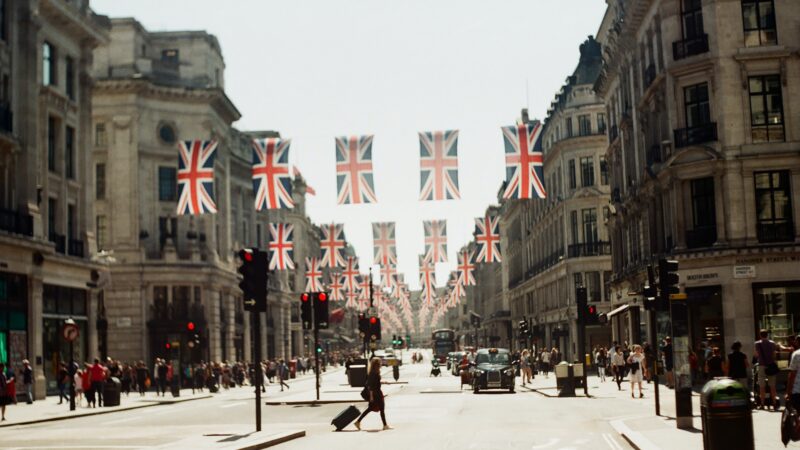
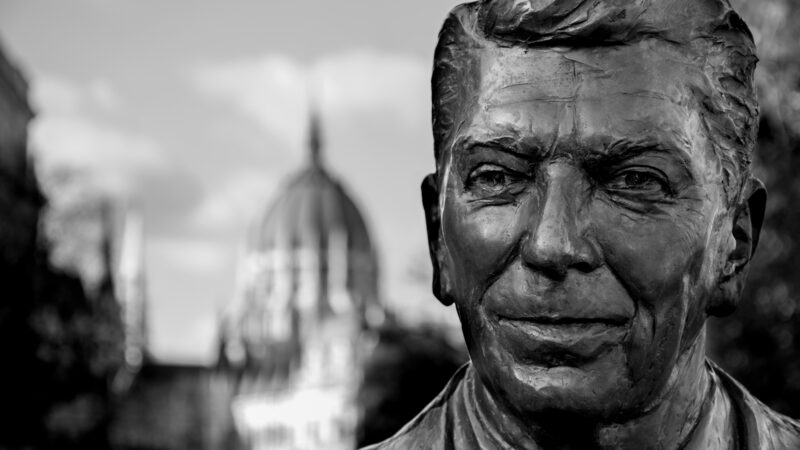
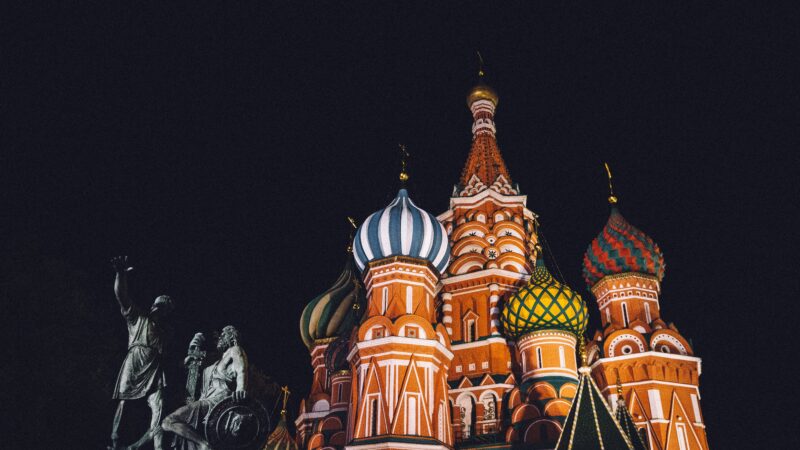
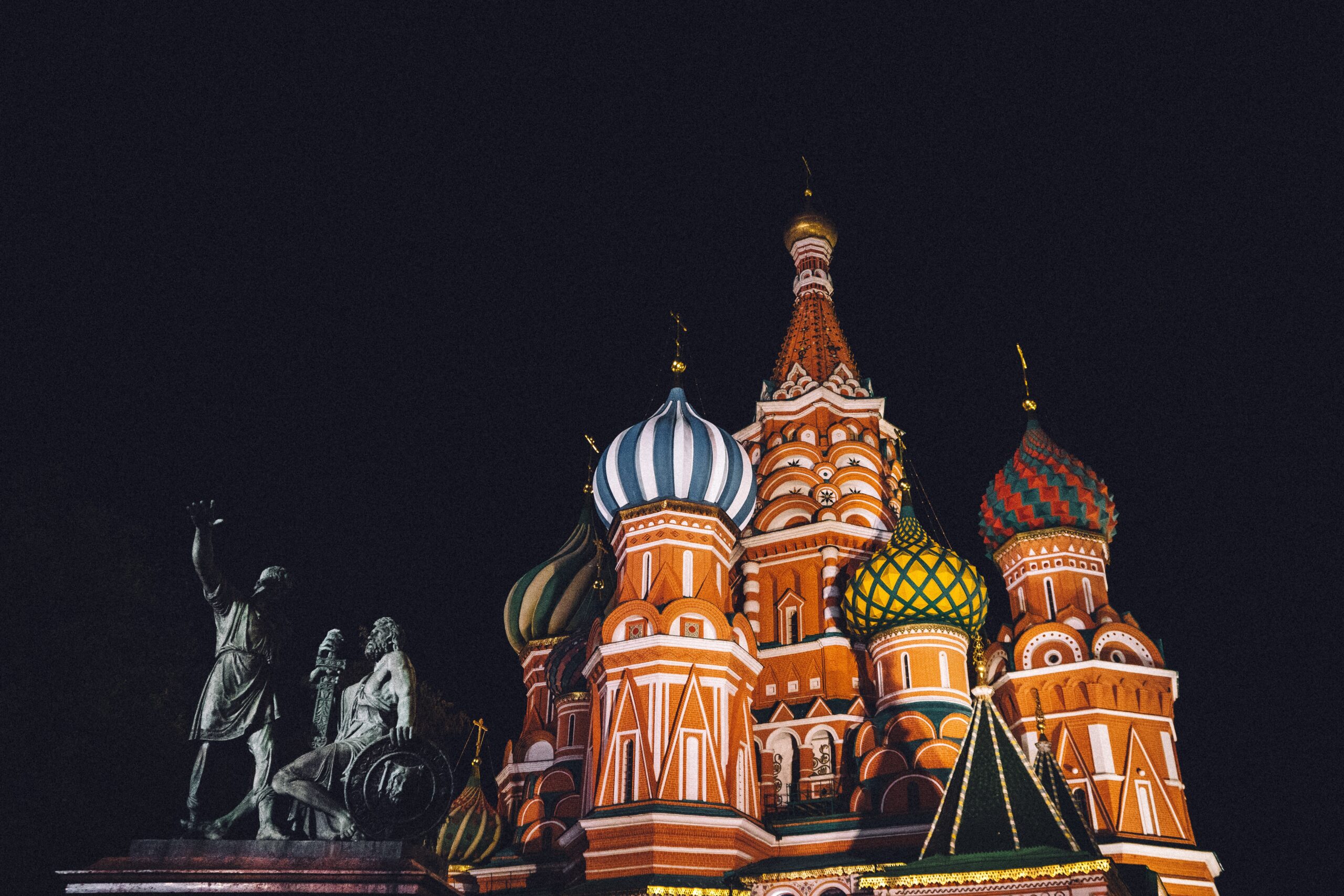


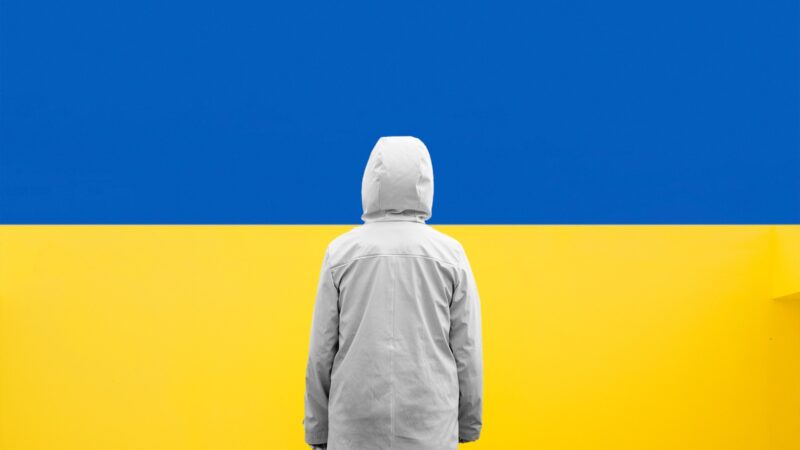
The Moment of Decision
In the throes of the culture wars, it’s easy to get acclimated to the situation after some time has passed. It feels like a lifetime ago that the battlefield that has become of the issue of transgenderism was little more than a few videos on YouTube imploring viewers to cringe at ‘Die Cis Scum’, and if anything demonstrates the futility of the adage ‘twitter is not real life’, it would be the recent admission from Jamie Wallis that he considers himself a woman.
There is almost certainly some kind of meaning to the fact that Jamie’s desire to be a woman emerged after he was raped, as though he psychologically associates a lack of autonomy to womanhood. But I am not a psychologist, and Jamie’s warped feelings about his identity are irrelevant in and of themselves. What this turn of events creates however, is a moment of Decision for the Conservatives.
For a long time, the Conservatives have enjoyed playing both sides of the culture wars. At conference, they can laud Maggie Thatcher as the first female Prime Minister and reap the benefits of appearing to be progressive – knowing that opposition can be quickly labelled sexist, and something that even the Conservative party has outgrown. Simultaneously, they can point to the Labour party and remind us of what happens if we abandon them. A few cringeworthy remarks about supporting women into politics is certainly a preferable alternative to those same “women in politics” sporting a five-o’clock shadow and suspiciously broad shoulders.
Governments, political parties, and states, like individuals, can hold simultaneously contradictory beliefs. Those who do not act are fortunate enough to never have to confront these contradictions – for they never implement them. But it is through existential participation in life that these contradictions make themselves plain, and a moment of Decision must occur. Constitutional monarchies justified themselves with recourse to the people – but what happens when the monarch and the people (or at least, the institutions representing the people) are at odds over a decision? Who decides? The logic of constitutional monarchy legitimises the king with recourse to the people, and so those institutions closer to the people in the mind of the populace ultimately set the laws. It’s these moments of Decision that move history – a constitutional monarchy may retain the state form of monarchy but rest atop the principle of democracy, but the moment of Decision reveals the incoherence of this state form and opens up a state of exception to alter it.
Equally, the Conservatives present themselves as being opposed to wokeism, but like the constitutional monarch – justify themselves on the principles of equality, and the moment of Decision reveals the incoherence of their rule. Whilst the party had no skin in the game, and whilst it had no existential participation, it could ignore the incoherence because it never actually had to make any decision based on these two contradictory principles. But the moment of Decision has arrived, and what is in store for us as members of the party?
Jamie Wallis has been supported by Boris and Oliver Dowden, the CEO of the party. It is clear the Conservatives have no intention of removing this person from the party or even coming close to asserting that transgenderism is in no way conservative. Jamie Wallis will most certainly be in attendance at Conference and all Conservative events in the future. The Conservative party will now have to decide:
Once again, the failure of Conservatives to engage in philosophy rears its ugly head. When you don’t attempt to delve into your beliefs, when you rest everything on ‘Common Sense’, you actually rest your political order upon the principles of those who do wish to assert and articulate their beliefs. Then, when you inevitably go to implement your beliefs: you’re struck with the inability to implement them in accordance with the principles you’ve justified your beliefs on. It’s simply not enough to have a political philosophy which resolves political (read: economic, technical, bureaucratic, etc.) problems. Your political philosophy must blend, gel, mesh, and harmonise with your ontological beliefs about the very essence of what it means to be anything at all. The idea that culture, economics, and philosophy are distinct and separate spheres is an optical illusion brought about by extended periods of peace. Any of these things, driven to a sufficient extreme become political, and our only tool to navigate these new political realities is philosophy. Those who don’t use it will find themselves lost, both politically and spiritually.
Photo Credit.